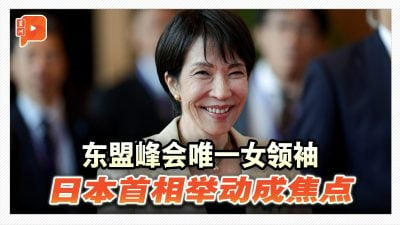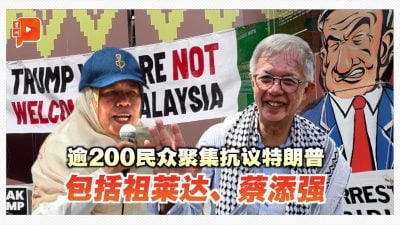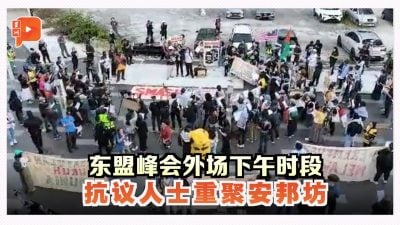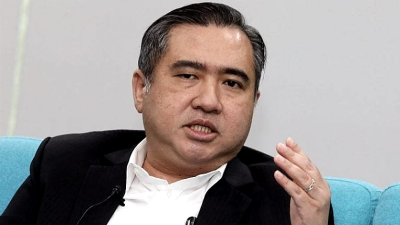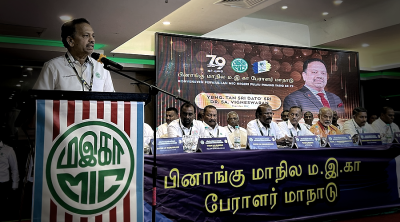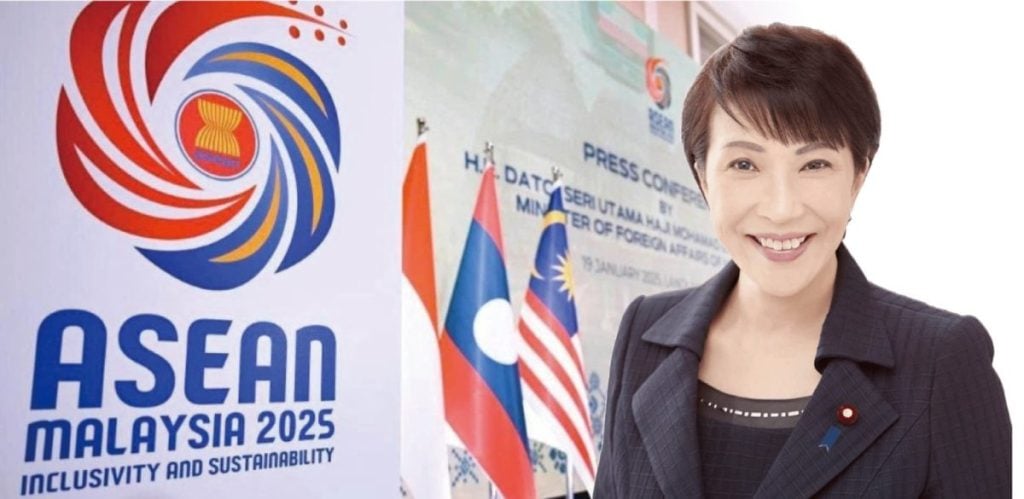
I would like to congratulate Malaysia for hosting the ASEAN Summit and related meetings. It is a great honour for me to visit Malaysia on my first overseas trip since assuming office as Prime Minister of Japan and participate in this important ASEAN event.
This year marks several historic milestones: the 10th anniversary of ASEAN Community, the launch of “ASEAN Community Vision 2045,” and the 20th anniversary of East Asia Summit (EAS).
ASEAN, as the hub of the Indo-Pacific region and a global centre of growth, is playing an increasingly vital role.
Malaysia, through its dynamic trade and investment activities, is driving regional prosperity.
As the ASEAN Chair for this year, it has demonstrated outstanding leadership—something I deeply respect.
Japan fully supports the determination of ASEAN to realise “a resilient, innovative, dynamic, and people-centred ASEAN Community,” as well as the efforts put in by Malaysia as the rotating chair.
For more than half a century, Japan and ASEAN have built a relationship of trusted partners based on mutual understanding.
Former Prime Minister Shinzo Abe visited Southeast Asia for the first time in Jan 2013 after assuming office as the Prime Minister of Japan, demonstrating Japan’s fundamental diplomatic approach toward ASEAN.
The “Japan-ASEAN 50th Anniversary Vision,” adopted in December 2023, outlines three pillars for our bilateral partnership: cross-generational exchanges in humanity, creating a shared future in economy and society, achieving peace and stability.
Building upon this foundation of friendship, I am committed to ensure that Japan and ASEAN grow stronger and share prosperity.
Japan and ASEAN have also implemented various initiatives to support people-to-people exchanges.
For example, Japan continues to advance the WA project effectively, which includes dispatching Japanese Language Partners (language teaching assistants) and promoting two-way intellectual and cultural exchanges.
To date, approximately 3,000 Japanese Language Partners have been dispatched.
Furthermore, we are actively promoting youth exchanges through programmes such as the Ship for Southeast Asian and Japanese Youth Program (SSEAYP)—which celebrated its 50th anniversary last year—and the Japan -East Asia Network of Exchange for Students and Youths (JENESYS), as well as vibrant student exchanges facilitated by ASCOJA (ASEAN Council of Japan Alumni) and its supporting organisation ASJA (Asian Students and Alumni International).
Through these efforts, we aim to deepen trust and mutual understanding among future leaders.
Based on trust and mutual understanding, Japan and ASEAN are jointly creating an economy and a future society to achieve shared development. Strategic and proactive investments in emerging fields such as digital and green technologies are indispensable.
In the digital sector, artificial intelligence holds immense potential to drive profound social and economic transformation. Japan will therefore promote the development of “safe, secure, and trustworthy AI” and work toward establishing an international AI governance framework while advancing innovation powered by AI.
Science and technology, as the foundation of innovation, are of great importance.
ASEAN is a key partner in my vision of making Japan a “nation of new technologies.”
We will enhance international collaborative research and exchanges among researchers in cutting-edge fields such as AI, quantum technology, and semiconductors through flexible, multi-layered approaches.
In the area of green development, I will co-chair the Asia Zero Emission Community (AZEC) Leaders’ Meeting with Malaysian Prime Minister Datuk Seri Anwar Ibrahim during this visit.
We will promote concrete cooperation with ASEAN countries across diverse technological pathways aligned with each nation’s energy transition strategies, simultaneously achieving decarbonisation, economic growth and energy security.
Moreover, to address increasingly severe disasters and provide humanitarian assistance, Japan will continue to support the activities and human resource development efforts of the ASEAN Coordinating Centre for Humanitarian Assistance on Disaster Management (AHA Centre). Japanese experts are also actively contributing to the establishment of the ASEAN Centre for Public Health Emergencies and Emerging Diseases and supporting its capacity-building initiatives.
While promoting such exchanges and cooperation, we must also face the fact that the rules-based, free, and open international order is facing unprecedented challenges worldwide.
Today, the partnership between Japan and ASEAN for peace and stability is more crucial than ever.
Attempts to unilaterally change the status quo by force must never be tolerated—whether in Asia, Europe, or anywhere else in the world.
Japan’s “Free and Open Indo-Pacific (FOIP)” and ASEAN’s proposal “ASEAN Outlook on the Indo-Pacific (AOIP)” share the same principles of openness, transparency, inclusiveness, and respect for the rule of law.
Furthermore, to realise peace, stability, and prosperity in the Indo-Pacific region, we will issue a joint statement at the upcoming ASEAN-Japan Summit to enhance synergy and further cooperation between FOIP and AOIP.
Finally, I once again express my gratitude to Malaysia, other ASEAN countries and the ASEAN Secretariat for participating in the Expo 2025 Osaka Kansai, which concluded successfully.
I would also like to add that many Japanese citizens visited Malaysia’s pavilion, themed “Weaving a Harmonious Future,” where they experienced the cultural diversity of Malaysia and discovered that Malaysia has become even more familiar and attractive to Japan.
As a trusted partner, Japan will continue strengthening broad-based cooperation with Malaysia and other ASEAN countries.
(Sanae Takaichi is Prime Minister of Japan)
ADVERTISEMENT
ADVERTISEMENT






